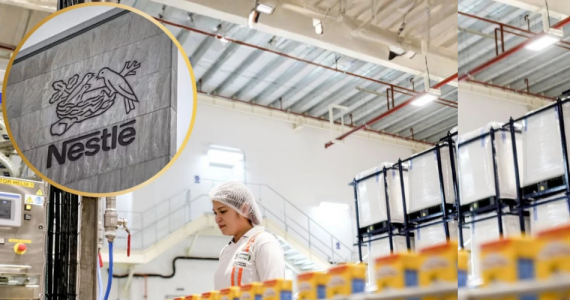The return of college students after the extended winter break brings a much-needed revival for local businesses in Gainesville. For nearly a month, the absence of students leaves many small businesses grappling with reduced revenue, staffing challenges, and a noticeable decline in foot traffic. While these hurdles are not new, they underscore the significant economic role students play in college towns.
The Economic Impact of Winter Break on Local Businesses
Data from the Alachua County Economic Performance Index reveals a predictable trend: consumer spending, a key contributor to the county’s gross domestic product (GDP), dips during December and May, corresponding with winter and summer breaks. The recovery, however, is swift, with September marking a rebound as students flood back for the fall semester.
The financial strain during the winter break is especially pronounced. Businesses heavily reliant on student traffic face substantial losses, with some temporarily closing to cut costs. This pattern emphasizes the seasonal challenges unique to college towns.
The Challenges of Maintaining Operations

For over a decade, businesses like 352 Delivery, a campus-focused food delivery service, have weathered the seasonal downturn. Founder and CEO Jeremiah Loper describes the winter break as the toughest period, with revenue dropping by nearly 50%.
“Winter break is by far worse for local restaurants and businesses than any other break during the year,” Loper said.
With partner restaurants often opting to close during the break, Loper’s service struggles to maintain operations. The number of active restaurants in his inventory drops from 80 to just 45 or 50, reducing the availability of delivery options.
Employee Challenges During the Slowdown
Local employees, including delivery drivers, experience reduced work opportunities. With fewer sales, drivers face limited orders, impacting their earnings from delivery fees and tips.
“A lot of the local drivers want to keep working,” Loper said, emphasizing the frustration of reduced income during this period.
This situation is not unique to delivery services. Many businesses must cut back on staffing or temporarily lay off employees. Brian Gendreau, a clinical professor of finance at the University of Florida, notes that some businesses adapt by minimizing services or temporarily closing altogether.
“It really has a bigger impact on those businesses that rely very heavily on student traffic,” Gendreau explained.
Students as Customers and Employees
Students play a dual role in the local economy. They are not only major consumers but also form a significant portion of the workforce. Many businesses face a dual challenge during breaks: the loss of customers and the absence of employees.

“A lot of the employees are students, and a lot of them probably want to be gone for the holidays,” Gendreau said. This dynamic creates additional pressure for small businesses trying to stay afloat.
Adaptation Strategies for Business Survival
While some businesses face significant setbacks, others find ways to thrive or adapt. For instance, The Lynx Books, a local bookstore in Gainesville, experiences steady business during the winter break. According to Gina Marks, the events and community relations manager, the bookstore’s unique customer base allows it to fare better than many other establishments.
Marks also points out that the slower pace during the break provides an opportunity for business owners to recharge and prepare for the busier months ahead. This downtime can be a strategic advantage, enabling businesses to plan and improve their operations.
Key Takeaways for Sustaining Growth
The challenges faced by local businesses during student breaks highlight the importance of strategic planning and adaptability. Businesses that diversify their customer base or find ways to appeal to non-student customers during breaks can better withstand seasonal downturns.
For others, careful management of resources, including staffing and inventory, can make a significant difference in maintaining stability. Collaboration between local businesses and the community could also help mitigate the impact of these seasonal fluctuations.
Student Return Fuels Growth and Recovery
The return of students injects life into Gainesville’s economy, benefiting local businesses across sectors. By understanding the seasonal dynamics and implementing strategies to adapt, businesses can navigate these challenging periods with resilience and emerge stronger.





